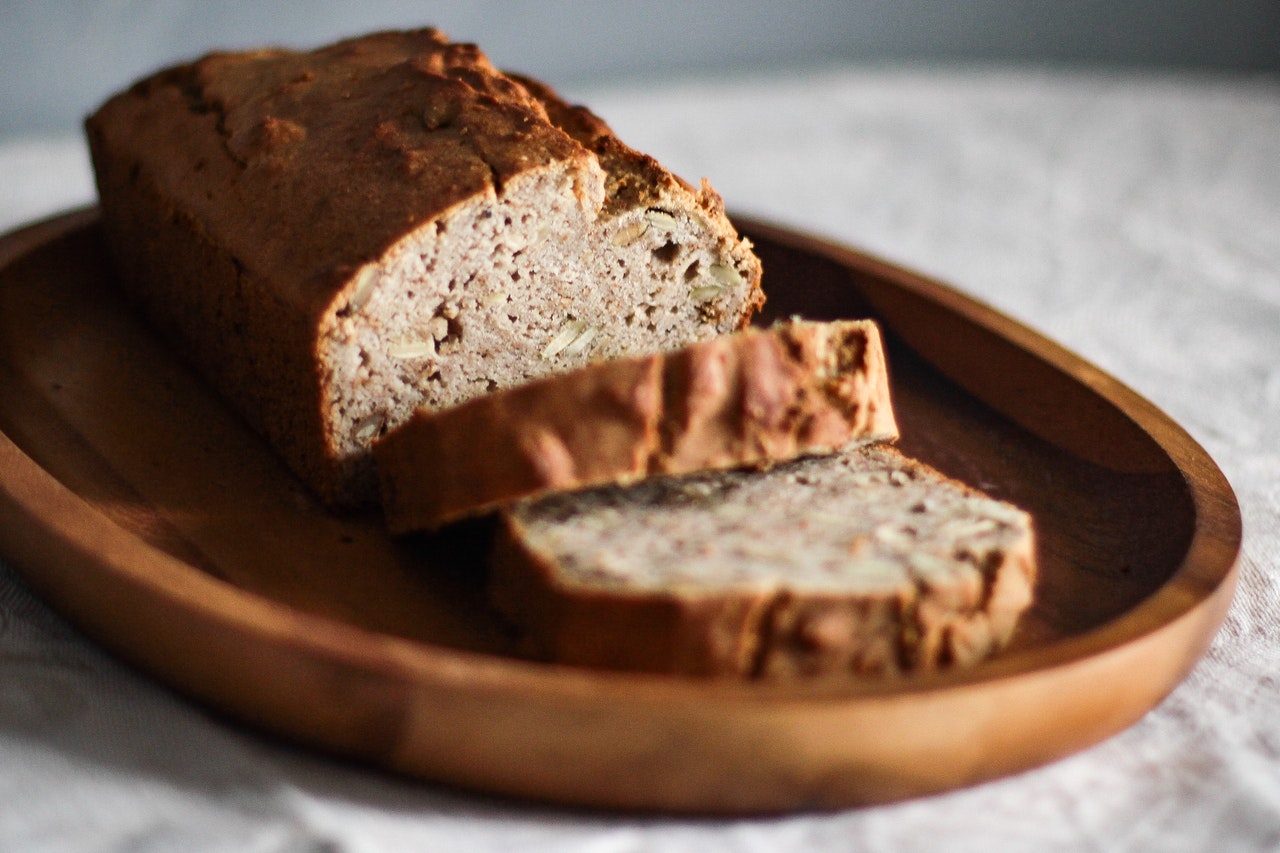Staying Healthy with Celiac Disease

May is Celiac Awareness Month, and we wanted to help raise awareness about this serious autoimmune disease. Roughly 1 in 100 people worldwide are affected by Celiac disease, and it is estimated that over 2 million Americans have the disease yet have not been diagnosed, which puts them at risk for long-term health complications.
What is Celiac Disease?
Celiac disease is an autoimmune disease that is prevalent in genetically predisposed people. When these individuals eat foods with gluten, a group of various proteins found in grains, their body mounts an immune response that attacks their small intestine. Over time, these attacks can severely damage the lining of their small intestine, inhibiting proper nutrient absorption.
The disease is hereditary, so if someone in your family (a first-degree relative) has been diagnosed, there is a 1 in 10 chance you may develop the disease. The disease can develop at any age. So, though you may have had no problem in the past eating gluten, that doesn’t mean that cannot change.
Long-Term Health Effects
If left untreated, celiac disease can lead to serious health complications. For instance, undiagnosed individuals have a 2x greater risk of developing heart disease and a 4x greater risk of developing small bowel cancers.
In addition, untreated celiac disease often leads to developing other autoimmune diseases such as multiple sclerosis and type 1 diabetes as well as other conditions like anemia, osteoporosis, epilepsy and migraines.
Treatment
Currently, the only treatment for celiac disease is lifelong adherence to a strict gluten-free diet. This means avoiding foods like bread and beer that contain the grains barley, rye and wheat. Even ingesting a few crumbs of bread can trigger a reaction and small intestine damage.
Tips for Eating Gluten-Free
It may seem overwhelming to learn you must cut out all gluten from your diet to prevent further injury to your small intestine, but here are some tips that will make living gluten-free easier:
- Learn Your “NO” Foods – Make a list of all foods that contain gluten. Make a second list of high-risk cross-contamination ingredients such as bran, panko, udon, orzo, faro and more.
- Read Labels – You’ve got to get into the habit of reading labels. You may assume something is safe to eat, but you would be shocked at some of the manufactured food items that use this protein.
- Celebrate Your Wins – It’s easy to get caught up and sad about the foods and beverages you can no longer eat. But try and change your perspective and celebrate all of the healthy and delicious foods you can eat. Plus, there are more and more gluten-free goodies coming onto the market each day. So you may not struggle as much as you assume.
Celiac disease is a serious one that needs to be taken seriously. Be sure to follow these tips so you can stay healthy and still enjoy delicious foods at the same time!
RESOURCES:
